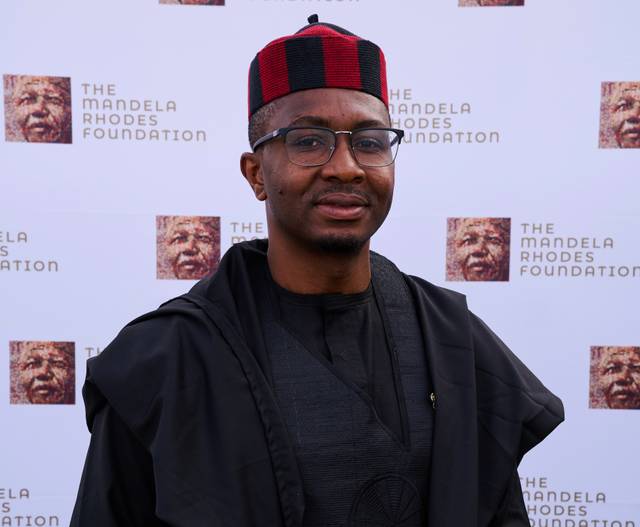
Foundation News
Educating children in conflict zones
Dr Sunday Ochai, Nigerian social entrepreneur, Mandela Rhodes Scholar and founder of EduRise, was named the main winner of The Mandela Rhodes Foundation’s 2025 Äänit Prize, by an external panel of independent judges.
Raised amid conflict, Ochai understands the challenges of trying to get an education while living in fear and dangerous situations. His venture, EduRise, supports conflict-affected Nigerian children by restoring access to schooling and providing menstrual health and peacebuilding initiatives. In a country where millions of children are not in school and 43% are engaged in child labour, the venture restores dignity, builds resilience and demonstrates that education is critical to breaking cycles of poverty and displacement.
‘This prize is not just for me but for every child who dares to dream. With this support, EduRise will be able to assist 300 000 conflict-affected children living in Nigeria to reclaim their right to education and a brighter future. I was one of them. It is also a shout out to the millions of children, not in school, to say your hope is renewed because we are just starting,’ says Ochai.
He takes home US$ 60,000 to invest in EduRise to continue to lay the groundwork for a future generation of workers and business leaders who can help rebuild their communities. He was also the recipient of the US$ 1000 Audience Choice Award.
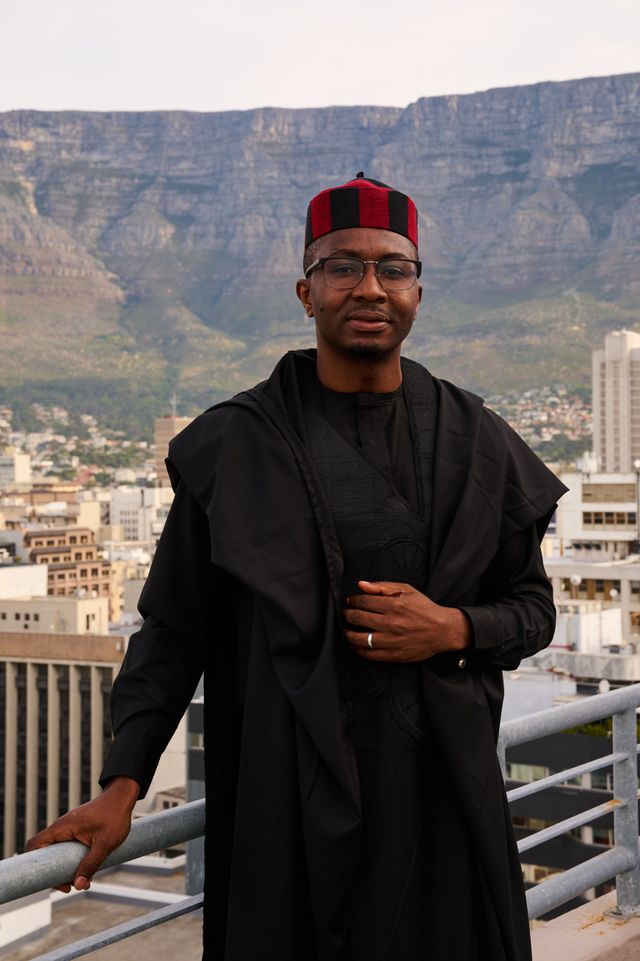
Sunday Ochai (Nigeria & University of Pretoria, 2019)
The panel named two other winners in tie for second place: Dr Kenechukwu Ikebuaku, from Nigeria and Ms Fama Jallow from The Gambia. Each receives US$ 19,000 to grow and expand their respective ventures: Mozisha and Hisia.
Mozisha, founded by Ikebuaku, is an education programme that bridges the gap between schooling and employment. It partners with companies and organisations to provide young Africans with training and mentorship, equipping them with real-world experience and skills.
Ikebuaku says that ‘Young Africans need more than classrooms, they need pathways to global employment opportunities. Mozisha bridges that gap and, with this prize, we can expand our partnerships and mentor the leaders of tomorrow – preparing them for a fast-changing global economy. To every young African: Know this truth - your dreams are valid. Your purpose is divinely orchestrated and your destiny will be realised. Just don’t give up.’
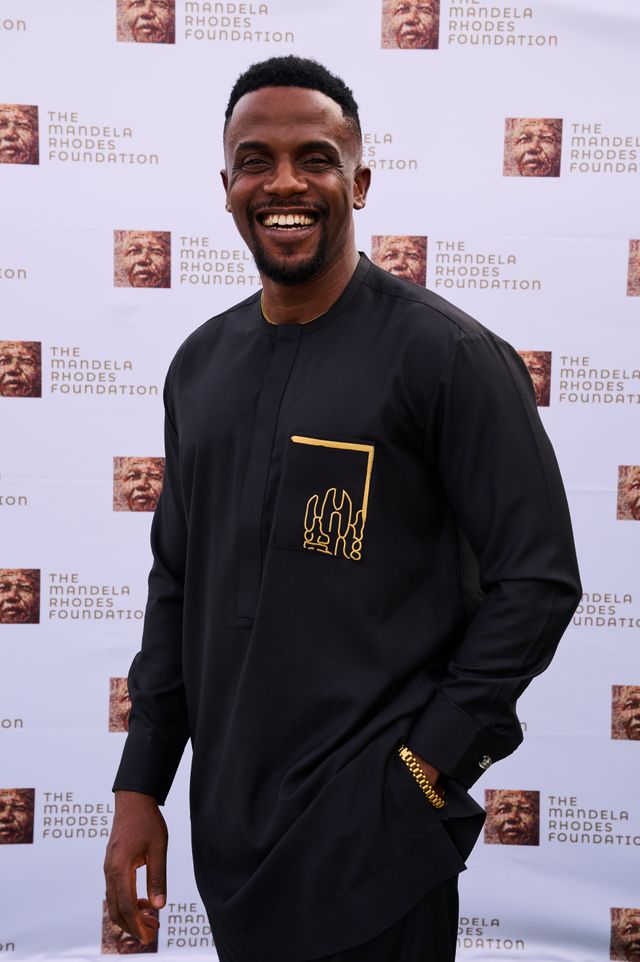
Kenechukwu Ikebuaku (Nigeria & University of the Western Cape, 2014)
Hisia, founded by Fama Jallow tackles climate change using AI, satellite data and low-cost environmental sensors. By delivering real-time insights to farmers, NGOs and government - via SMS, USSD and LoRa networks - Hisia’s platform, Akili, improves food security, builds resilience against climate risks and makes localised climate data accessible, even in low-connectivity regions.
‘Climate change is not a distant challenge – it is here and, I have lived through it,’ says Jallow. ‘With Hisia we are proving that African-born innovations can tackle Africa’s greatest climate challenges. We are committed to putting life-saving data into the hands of small-scale farmers, many of whom are women, to strengthen food security.
‘This award will help us with that mission as we prepare to expand into more regions and form new partnerships. Hisia is also assisting SMEs gain access to carbon finance to help farmers adapt to climate shocks, stabilise their earnings and secure agricultural jobs’.
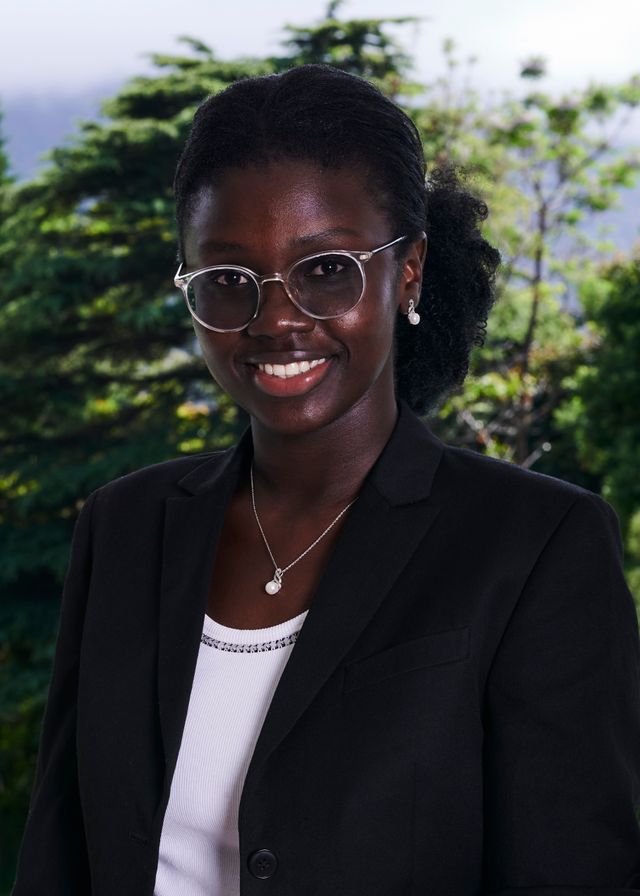
Fama Jallow (The Gambia & Stellenbosch University, 2023)
The fourth finalist, Ntsako Mgiba of South Africa, was also recognised for his venture JONGA, which helps township-based small business owners protect their livelihoods. JONGA’s community-driven alarm system features a compact, wireless, camera-equipped device with a three-month battery life.
‘Far too many people running businesses in townships experience crime and, as a result lose stock. When they are forced to close early or cannot afford insurance, it directly reduces their trading hours and income’, says Mgiba. ‘Our solution is not only cost effective but guarantees a quick response by connecting directly to local security and emergency services, helping entrepreneurs safeguard their livelihoods.’
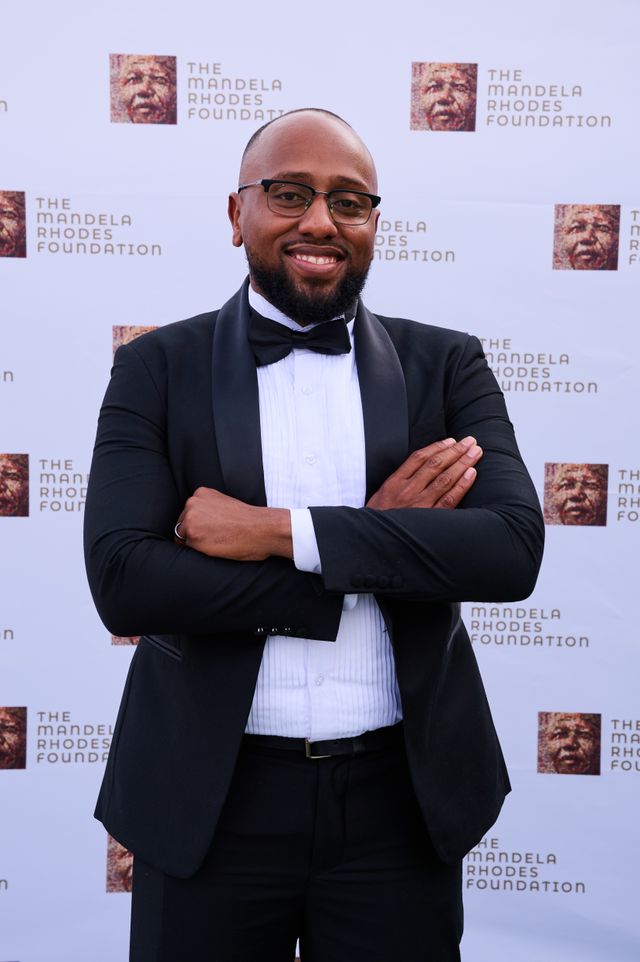
Ntsako Mgiba (South Africa & University of Cape Town, 2018)
Judy Sikuza, CEO of The Mandela Rhodes Foundation, highlighted the importance of supporting Africa’s young entrepreneurs, ‘social initiatives such as the Äänit Prize are vital in enabling ventures with potential for significant impact, scability and replicability’.
‘What excites me is not just the brilliance of the 29 applications we received for the Prize but that young African leaders have the courage to act where the need is greatest,’ says Sikuza. ‘Their creativity is deeply inspiring and we are proud to be part of an initiative that opens new possibilities and the potential to transform lives’.
Present at the awards ceremony was Äänit Chair Dr Sangu Delle, a Ghanaian entrepreneur; and US-based Äänit judge Dr Shehnaaz Suliman, a South African-born physician and biotech leader. The ceremony also featured a panel discussion with MRF CEO Judy Sikuza, Dr Delle and Dr Suliman exploring the theme 'Entrepreneurship and intrapreneurship in Africa: Driving impact from within and beyond.'
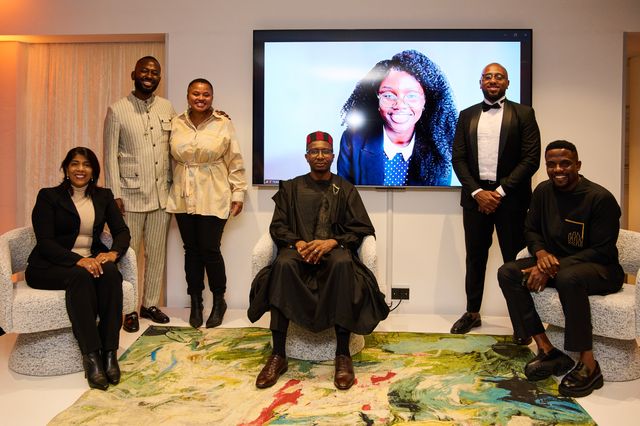
From left to right: Äänit judge Dr Shehnaaz Suliman, Äänit Chair Dr Sangu Delle, MRF CEO Judy Sikuza, Dr Sunday Ochai, Fama Jallow (on screen), Ntsako Mgiba and Dr Kenechukwu Ikebuaku.





